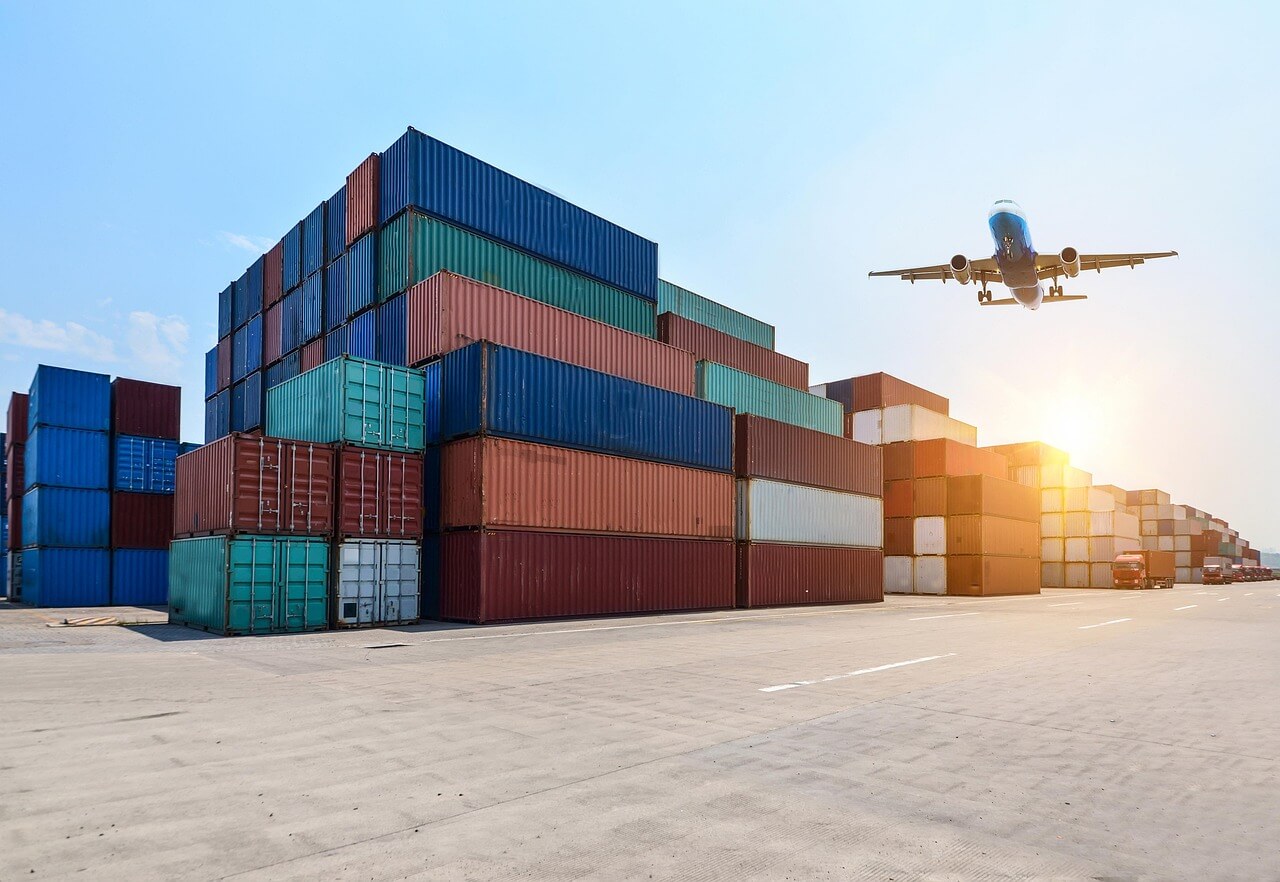
27
Apr
How to evaluate the export prices of Qatar freight forwarders?
Assessing Export Prices for Freight Forwarders in Qatar
In Qatar, as in any global trade hub, the export pricing for freight forwarders is a pivotal aspect of international trade. This article outlines the key factors to consider when assessing export prices in Qatar, emphasizing on the complexities that might affect pricing and the strategies to ensure optimal pricing decisions.
Market Research and Understanding:
Before setting export prices, a thorough understanding of the market conditions in Qatar and globally is crucial. Researching on demand and supply trends of different commodities, trade policies, customs regulations, and other relevant factors is essential for accurate pricing.
Cost Analysis:
Freight forwarders need to calculate the total cost of exporting goods, including transportation costs, customs clearance fees, insurance, storage charges, and other associated expenses. In Qatar, fuel costs and other logistics expenses may vary, which directly impact the overall cost of exports.
Competitive Landscape:
Understanding the competition within the industry is vital for setting competitive export prices. Researching on competitors' pricing strategies and identifying areas where cost savings can be made allows freight forwarders to offer competitive prices without compromising profits.
Currency Fluctuations:
The Qatar Rial's exchange rate with other global currencies can significantly affect export pricing. Monitoring currency fluctuations and adjusting prices accordingly can help mitigate risks and ensure profitability.
Contracts and Agreements:
Long-term contracts with suppliers or buyers can provide stability in export pricing. Negotiating favorable terms and conditions in contracts can help mitigate risks associated with market fluctuations.
Government Policies and Regulations:
Qatari government policies and regulations, including taxes, tariffs, and trade agreements, can impact export pricing. Staying updated with these policies and their changes is essential for making informed pricing decisions.
Technology and Automation:
Investing in technology and automation can help reduce operational costs, improve efficiency, and ultimately impact positively on export pricing. Adopting advanced systems and software solutions can help freight forwarders streamline processes and reduce expenses.
In conclusion, assessing export prices for freight forwarders in Qatar involves a complex interplay of market conditions, costs, competition, currency fluctuations, contracts, regulations, and technology. A comprehensive understanding of these factors and their impact on pricing decisions is essential for ensuring profitability and success in this dynamic industry.
In Qatar, as in any global trade hub, the export pricing for freight forwarders is a pivotal aspect of international trade. This article outlines the key factors to consider when assessing export prices in Qatar, emphasizing on the complexities that might affect pricing and the strategies to ensure optimal pricing decisions.
Market Research and Understanding:
Before setting export prices, a thorough understanding of the market conditions in Qatar and globally is crucial. Researching on demand and supply trends of different commodities, trade policies, customs regulations, and other relevant factors is essential for accurate pricing.
Cost Analysis:
Freight forwarders need to calculate the total cost of exporting goods, including transportation costs, customs clearance fees, insurance, storage charges, and other associated expenses. In Qatar, fuel costs and other logistics expenses may vary, which directly impact the overall cost of exports.
Competitive Landscape:
Understanding the competition within the industry is vital for setting competitive export prices. Researching on competitors' pricing strategies and identifying areas where cost savings can be made allows freight forwarders to offer competitive prices without compromising profits.
Currency Fluctuations:
The Qatar Rial's exchange rate with other global currencies can significantly affect export pricing. Monitoring currency fluctuations and adjusting prices accordingly can help mitigate risks and ensure profitability.
Contracts and Agreements:
Long-term contracts with suppliers or buyers can provide stability in export pricing. Negotiating favorable terms and conditions in contracts can help mitigate risks associated with market fluctuations.
Government Policies and Regulations:
Qatari government policies and regulations, including taxes, tariffs, and trade agreements, can impact export pricing. Staying updated with these policies and their changes is essential for making informed pricing decisions.
Technology and Automation:
Investing in technology and automation can help reduce operational costs, improve efficiency, and ultimately impact positively on export pricing. Adopting advanced systems and software solutions can help freight forwarders streamline processes and reduce expenses.
In conclusion, assessing export prices for freight forwarders in Qatar involves a complex interplay of market conditions, costs, competition, currency fluctuations, contracts, regulations, and technology. A comprehensive understanding of these factors and their impact on pricing decisions is essential for ensuring profitability and success in this dynamic industry.
LEAVE YOUR COMMENT
categories
recentpost
-
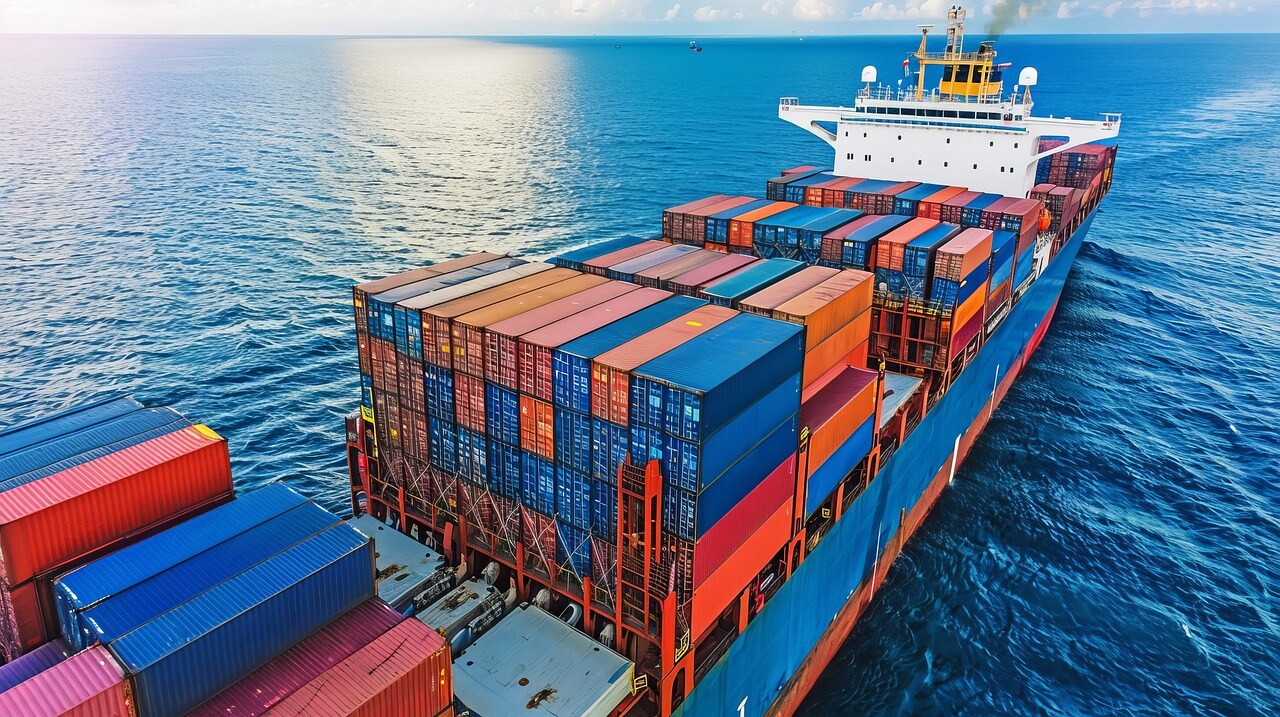 How can freight forwarders achieve efficient logistics and shipping from China to Tanzania?Apr 30,2025
How can freight forwarders achieve efficient logistics and shipping from China to Tanzania?Apr 30,2025 -
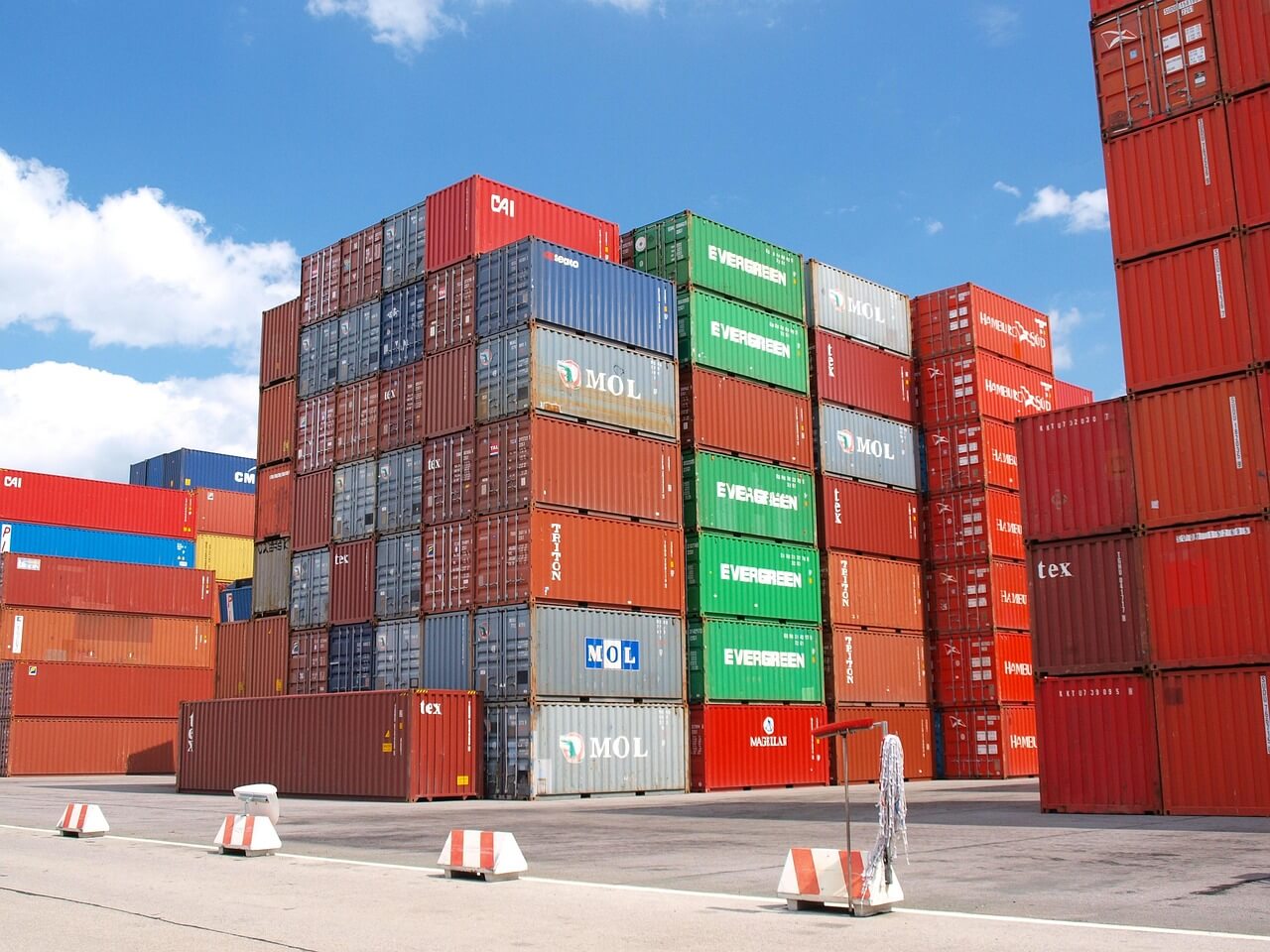 What are the guarantee measures for transportation and transaction services from China to the UnitedApr 30,2025
What are the guarantee measures for transportation and transaction services from China to the UnitedApr 30,2025 -
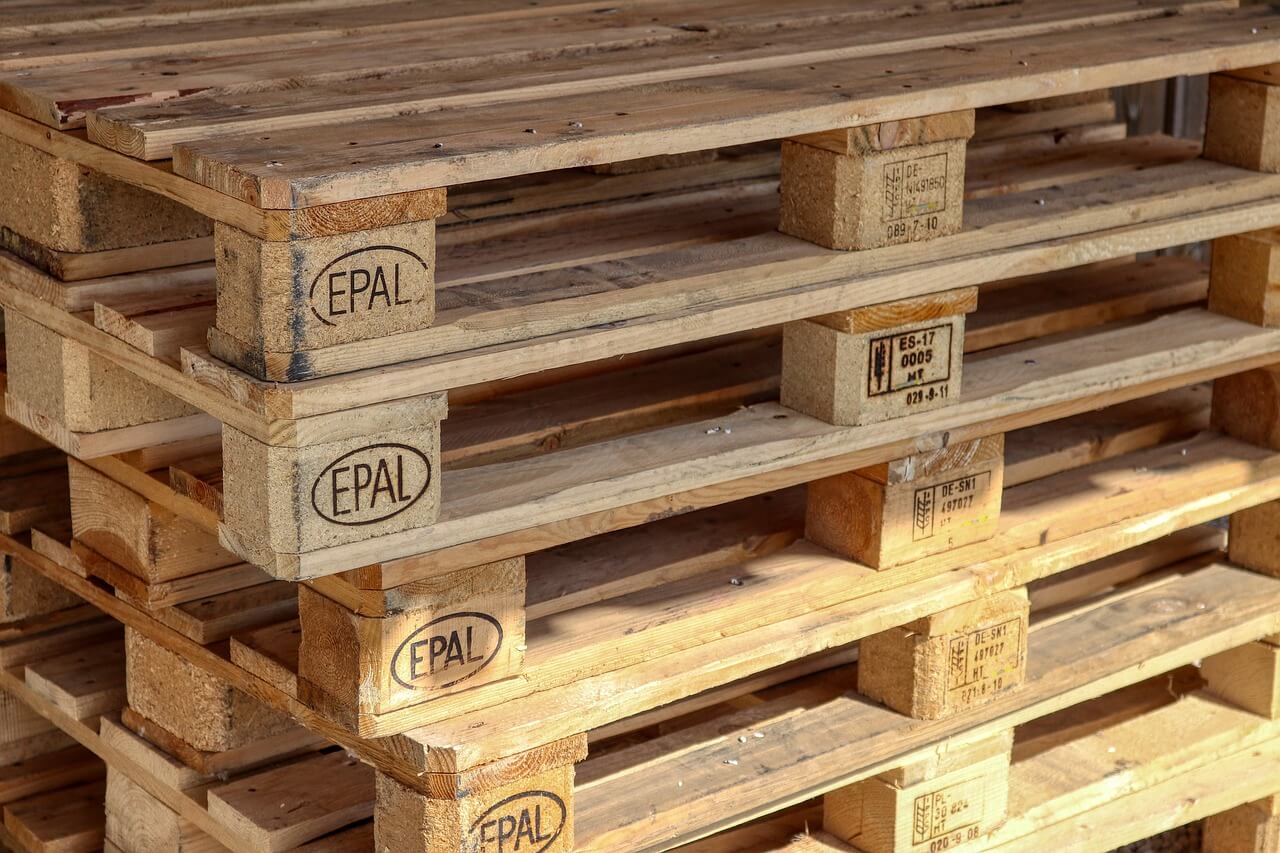 How is the international freight delivery service for transporting goods to Saudi Arabia?Apr 30,2025
How is the international freight delivery service for transporting goods to Saudi Arabia?Apr 30,2025 -
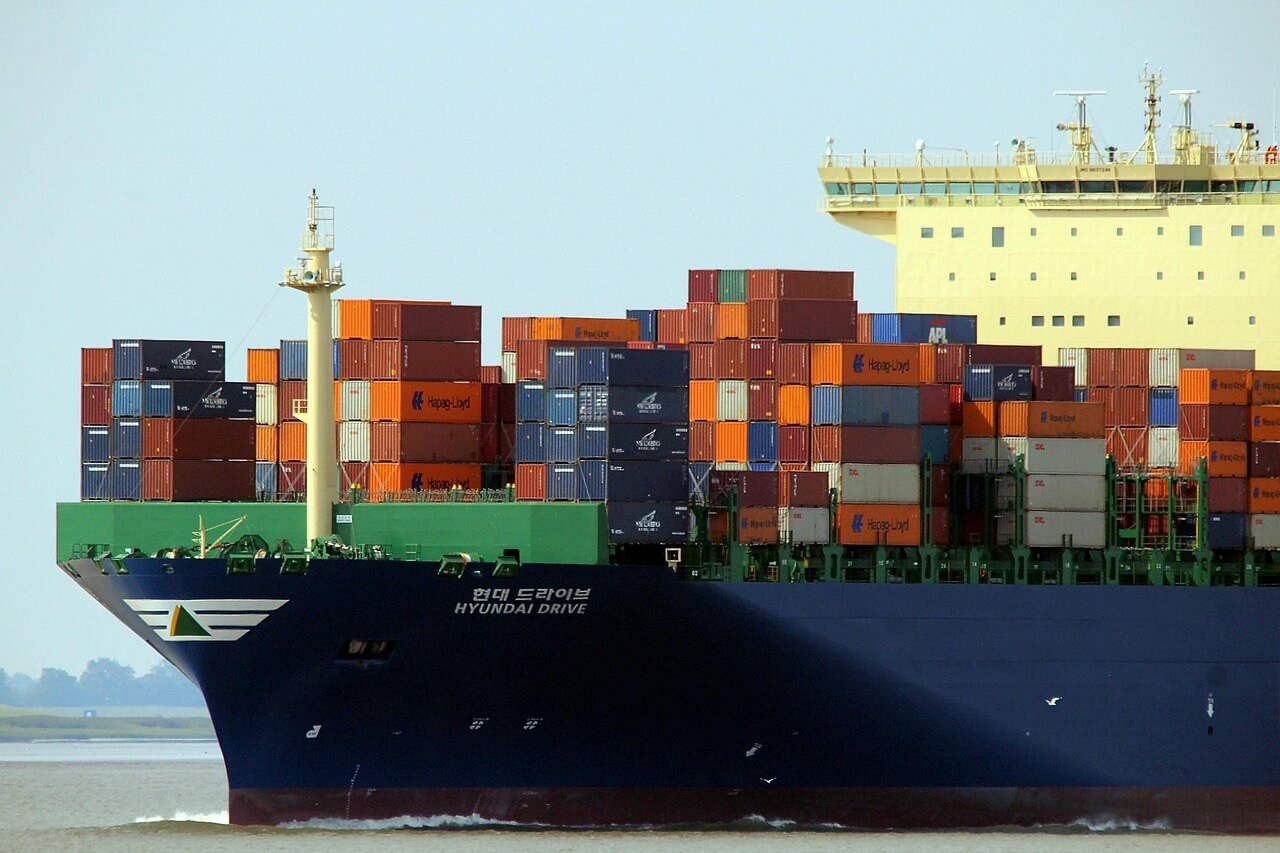 What is the delivery time for international freight from China to Kenya?Apr 30,2025
What is the delivery time for international freight from China to Kenya?Apr 30,2025 -
 What is the customs clearance process for global land transportation from China to the United Arab EApr 30,2025
What is the customs clearance process for global land transportation from China to the United Arab EApr 30,2025 -
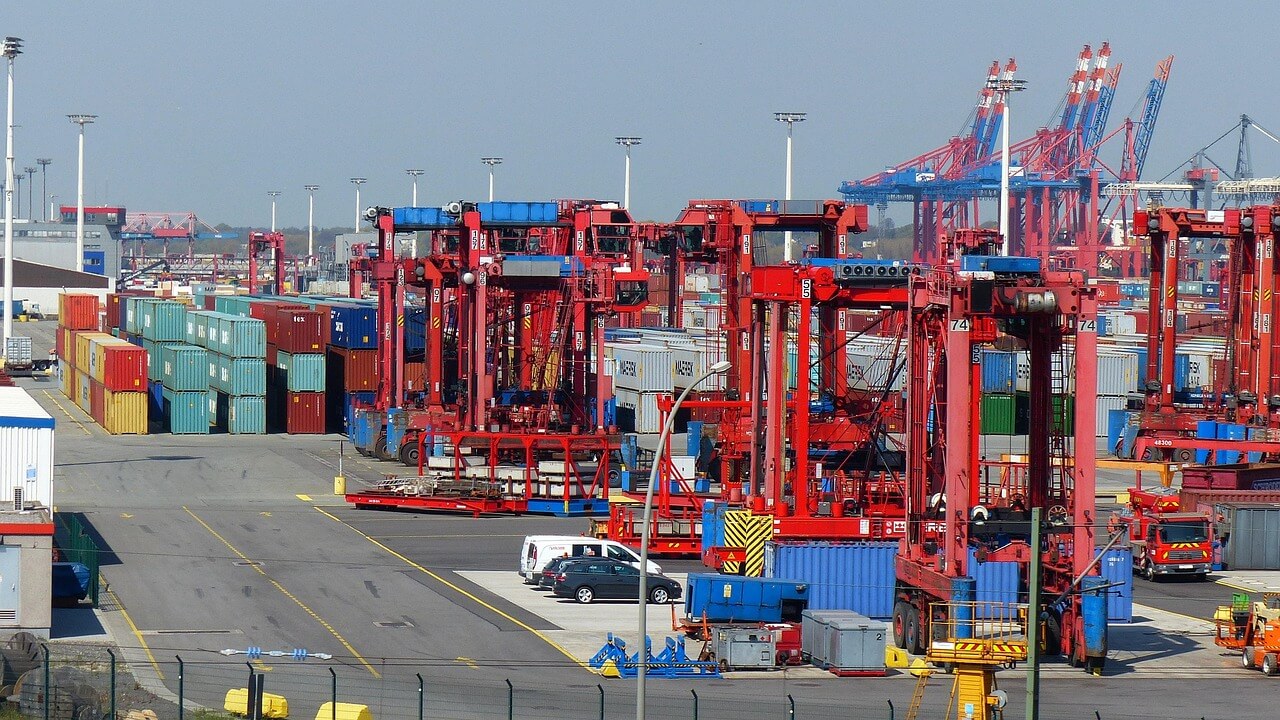 Shipping Guide from China to Qatar: How to Calculate LCL Shipping Cost?Apr 30,2025
Shipping Guide from China to Qatar: How to Calculate LCL Shipping Cost?Apr 30,2025

